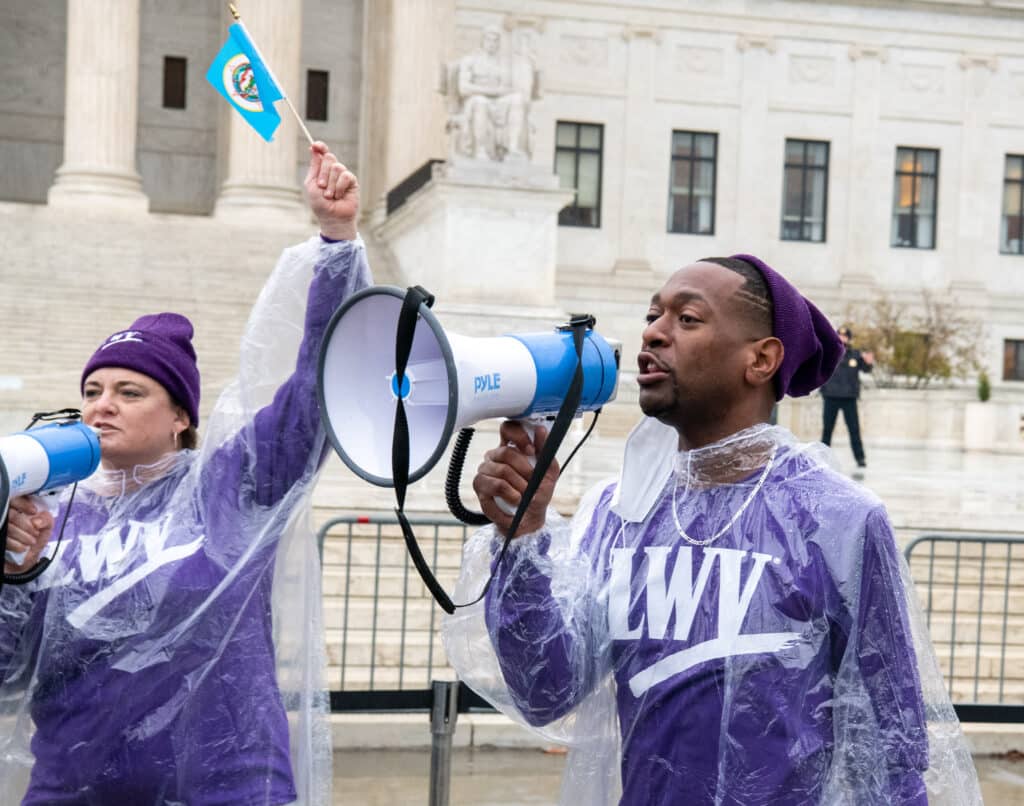This website uses cookies so that we can provide you with the best user experience possible. Cookie information is stored in your browser and performs functions such as recognising you when you return to our website and helping our team to understand which sections of the website you find most interesting and useful.
Fracking (Hydraulic Fracturing)
Positions
The League of Women Voters of California advocates on fracking (hydraulic fracturing) based on the following positions:
Background
California is sitting on one of the largest shale oil deposits, estimated to hold more than 50% of the recoverable oil in the United States. Stretching from the Central Coast to the San Joaquin Valley, the Monterey Shale Formation may be the next frontier of oil exploration in the state.
That is, if the people of California are willing to let it be fracked. This jumble of subterranean rock, folded over and over by time, will not give up its treasure easily. In order to extract the oil, large amounts of fresh water, coupled with toxic chemicals and acids, will need to be pumped into the earth in order to break up the shale — fracking — and release the oil. The petroleum industry says this can be done safely, but the environmental community is not so sure.
SB 4 (Pavley)
Fracking is already occurring in California and in the ocean off the coast, with little or no oversight. That is why SB 4 (Pavley) was passed by the legislature and signed by Governor Brown in September 2013. This bill establishes a comprehensive statutory framework — the strongest in the country — for regulating hydraulic fracturing and acidization of oil and gas wells.
The LWVC is committed to working towards a strong and successful implementation of SB 4 as the state moves down this new path.
Other League Action on Fracking
In October 2013, the California League joined with more than 100 other groups to urge the Bureau of Land Management (BLM) to cancel all oil and natural gas lease sales on federal lands in the state until after it has finished a broad analysis of the environmental impacts of drilling and the use of hydraulic fracturing.
In May 2013, the BLM canceled all oil and gas leases in the state through the fiscal 2013 budget year. That was due to the budget sequester, which forced the agency to prioritize the resources it could commit for oil and gas development on federal lands.
In 2012, the LWVUS made its voice heard to several regulatory authorities of the federal government in relation to “fracking.” Comments went to the Environmental Protection Agency (EPA), the Bureau of Land Management (BLM), and the Federal Energy Regulatory Commission (FERC).
Other Information on Fracking in California
- SB 4 Fact Sheet
- A USA Today report on fracking off Long Beach
What You and Your Local League Can Do
If your local League is concerned about fracking in your local area, and you want to take action locally, there are good examples of what has been done on a local scale:

How can you get involved?
Learn how you can become part of the League’s group of active volunteers on this issue!

